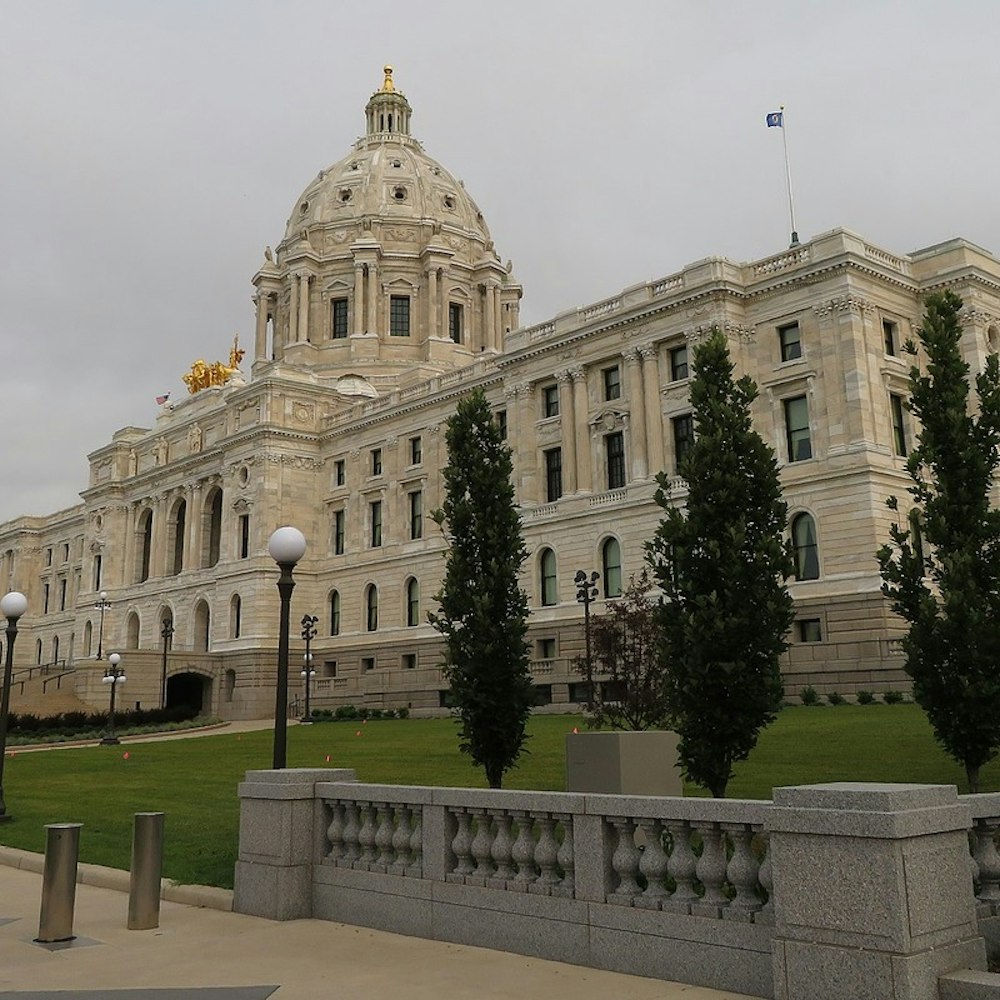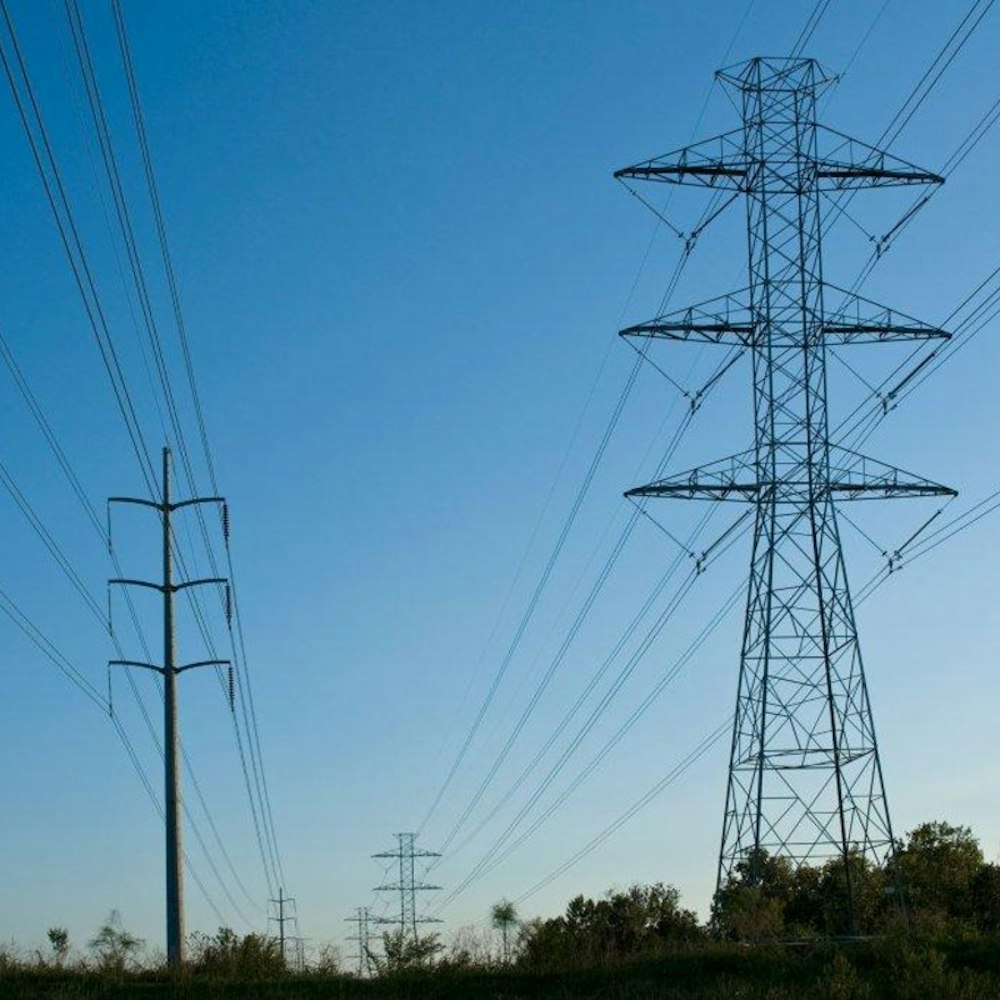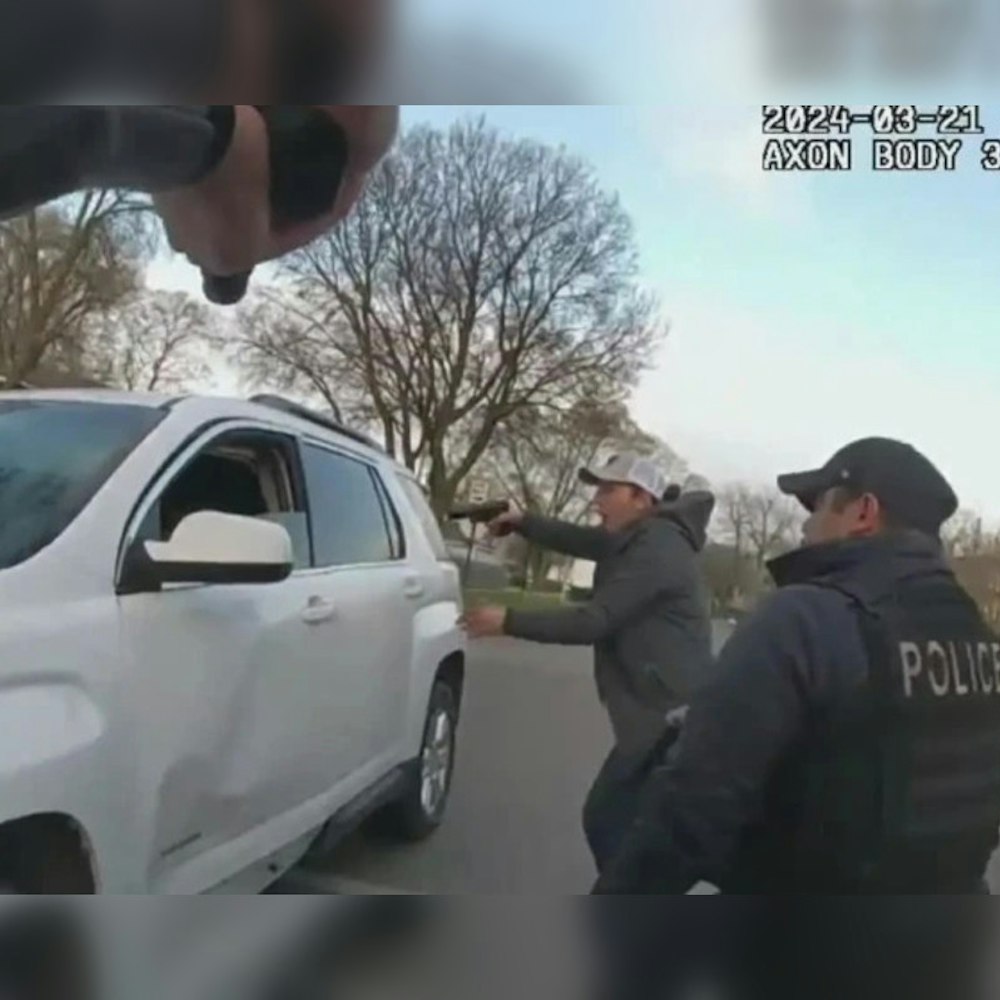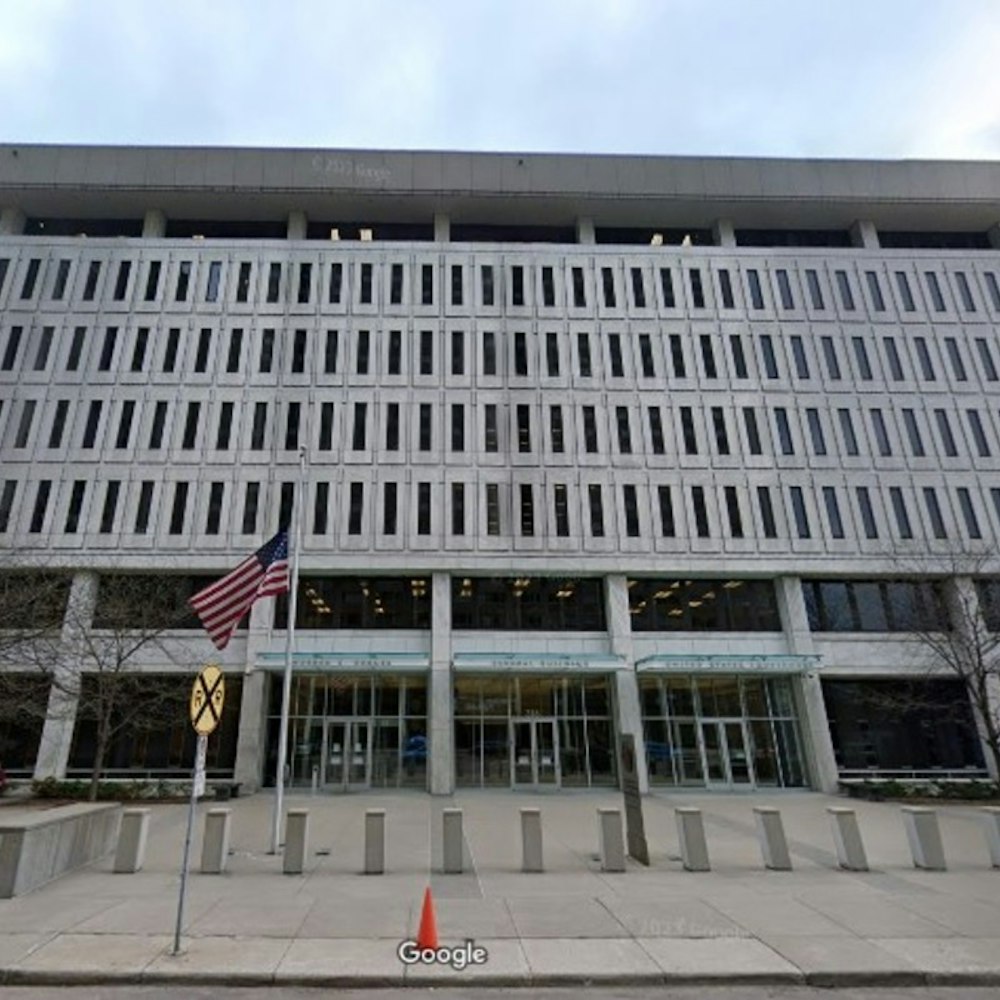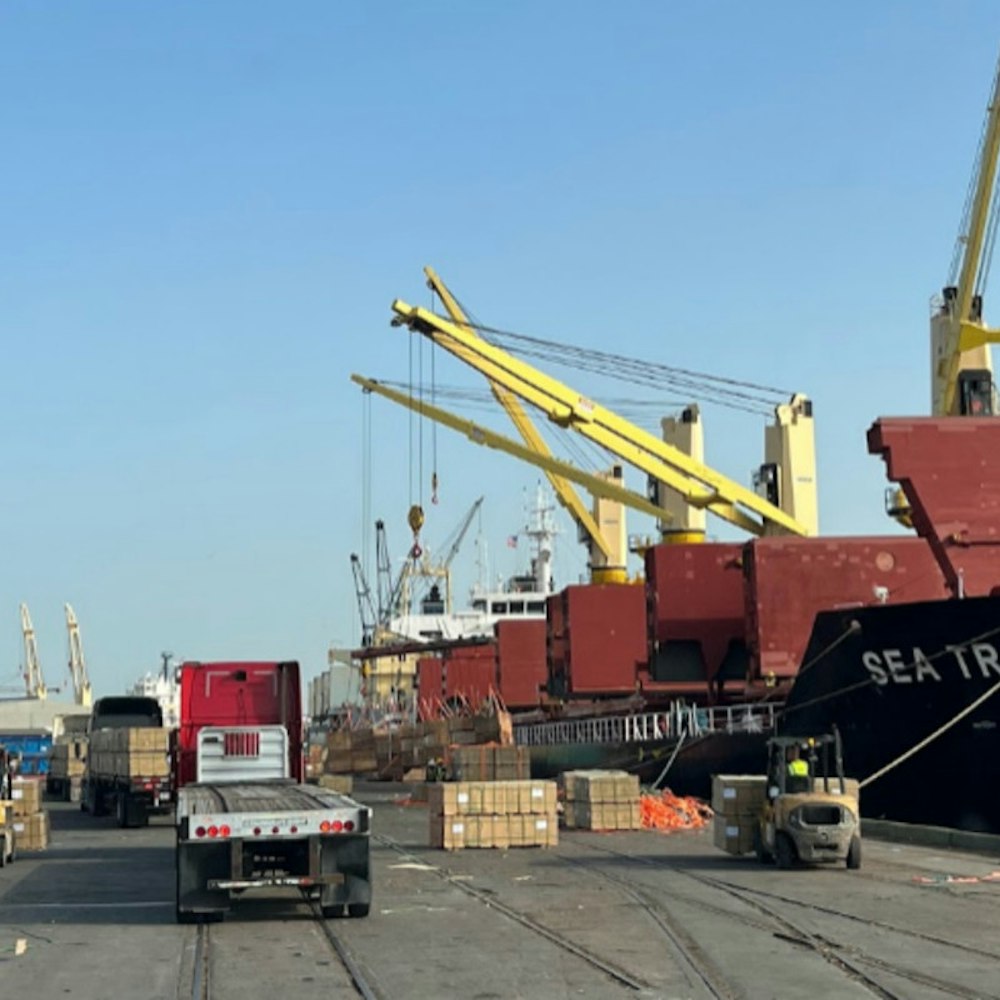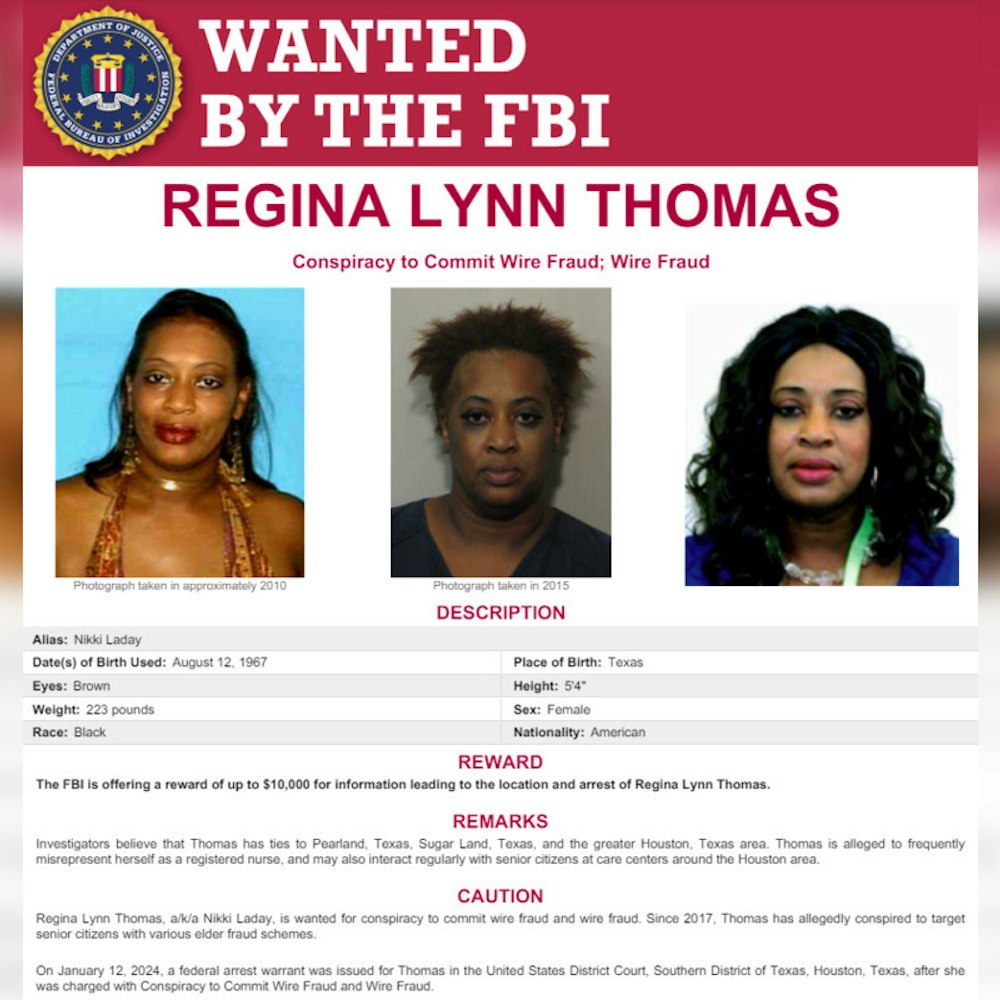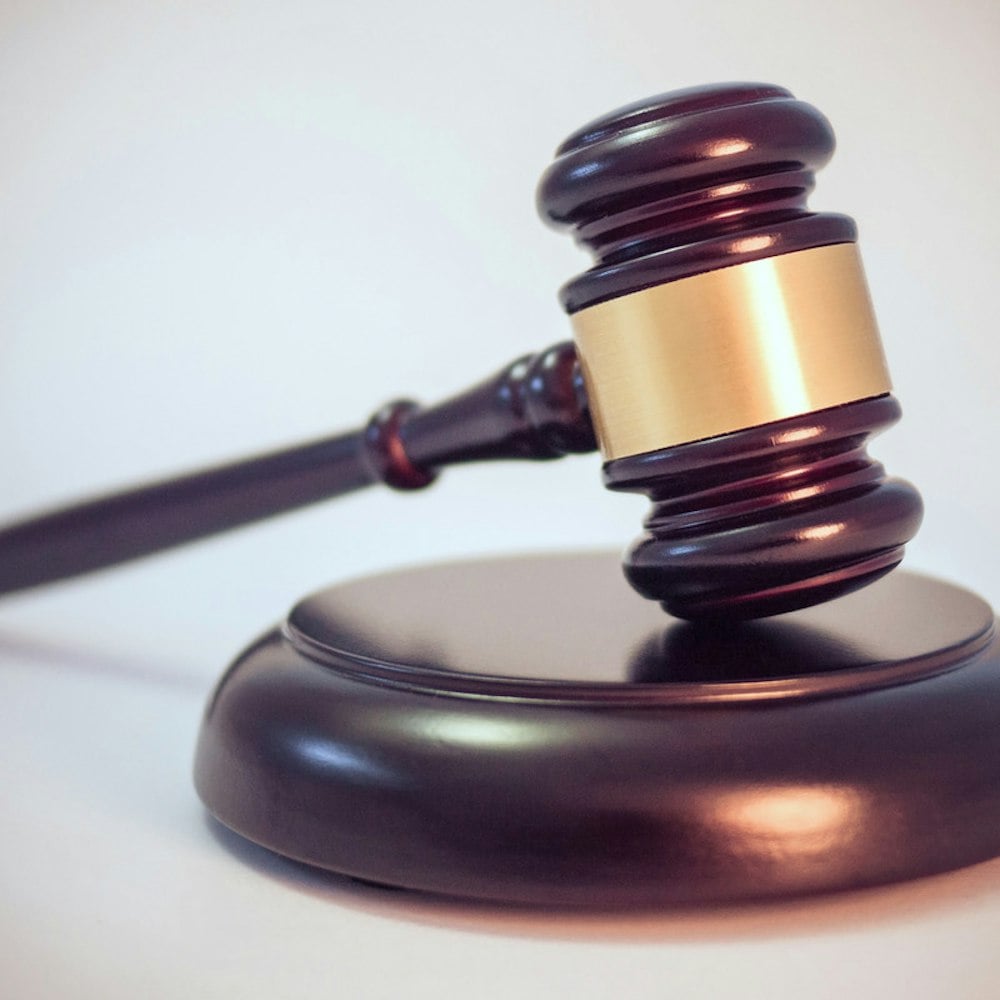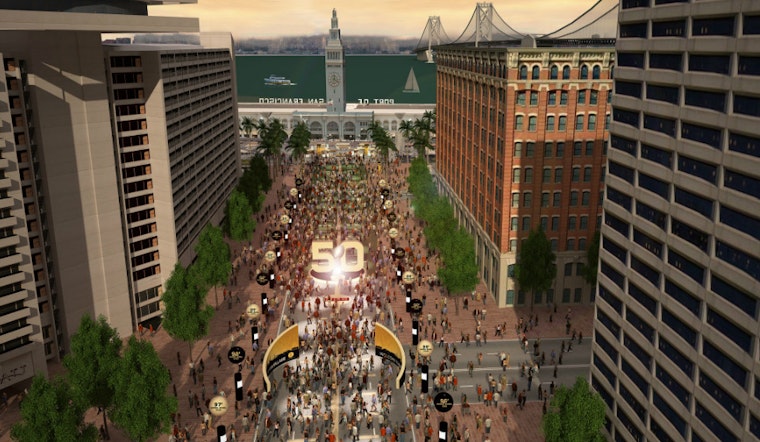
At a hearing yesterday to get answers on how much it'll cost taxpayers to put on Super Bowl 50 events, the city came up short.
It's apparent that the city will incur expenses related to public transit and public safety during the Super Bowl City event at the foot of Market Street and Justin Herman Plaza, along with the NFL Experience at Moscone Center.
The Land Use and Economic Development Committee of the Board of Supervisors—Malia Cohen, Jane Kim and Scott Wiener—and Supervisor John Avalos questioned SFMTA transit planner Peter Albert and SFPD Capt. Tim Falvey about those costs. But neither could provide estimates for the impact on their departments.
“Every presenter was asked to prepare a budget and be prepared to share with us the cost of their portion, so this should not be surprising," Cohen said during the hearing. Avalos and Kim both questioned whether funds should be spent on events when “our neighborhoods don’t get the attention they need," as Avalos said, and when the city is trying to tackle issues like helping the homeless.
Also, SFMTA confirmed taxpayers would pay for additional costs related to transit. "We have so many services that we do need, we have a constrained budget, and I think in particular for a corporate party, we expect them to put in their fair share of them hosting this party," Kim said. "That's not the answer I was expecting."
Avalos also wanted assurance that SFPD wouldn't pull staff from other stations to beef up Central's district, which includes the Super Bowl City location. Falvey said officers citywide aren't being allowed time off during the event so it won't affect the day-to-day staffing at other stations, but he did say some overtime pay could be accrued.
Super Bowl 50 Host Committee and supporters of the event point to the economic boon the game and its ancillary festivities will bring to the region, anticipated to be in the hundreds of millions of dollars. In addition, the committee will give more money to charity than any other host committee, with $10 million in planned donations. Last year's Super Bowl in Arizona donated $2 million to local charities.
Wiener also pointed out that while it's important to know what the budget is, the Super Bowl City party is not a "corporate party," but is free and open to the public. (Keith Bruce of the Host Committee did say a perimeter would be set up with security to check bags.) And the Port of San Francisco is getting $100,000 for hosting the event, and expects to get a bump in revenue from its tenants who pay "percentage rent" based on sales. However, Kim said it's fair to say that private events will have an effect on the city's infrastructure and services and require taxpayer dollars.
Several representatives of groups that were recipients of these grants spoke in favor of the Super Bowl during public comment. Others with business interests were supportive as well, saying the throngs of people downtown will buoy the many small businesses in the area.
However, others were not pleased that SFMTA is cutting off the F-line historic trolleys from their route from downtown to the Castro and replacing it with buses, saying it will hurt the Castro. And at least one person was irked by the city's inability to provide cost estimates at the hearing, saying, “It’s a great disrespect to the supervisors as well as the public.”
Kim said she wasn't saying that the city shouldn't host the Super Bowl, but that costs should have been part of the discussion from the start. "I was hoping we’d have more information since this event is two months away, particularly surrounding cost since we’re hosting this party," she said. "Do the richest companies in the world expect us to pick up the tab in San Francisco?"

